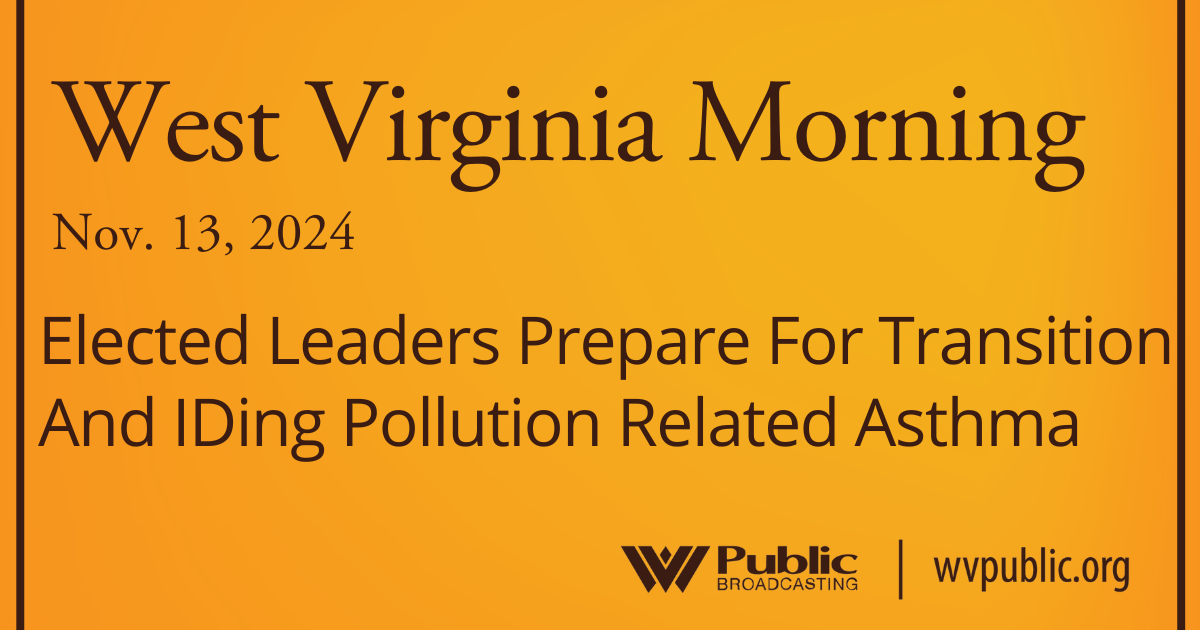In late 2023, a shortage of more than 1,000 frontline jail and prison guards kept a nearly two year state of emergency in place, with hundreds of National Guard members filling in at detention facilities.
In a Monday interim meeting, Corrections Commissioner William Marshall told members of the Legislative Oversight Committee on Regional Jail and Correctional Facility Authority the overall guard vacancy number was down to 166, just a 7 percent vacancy rate.
“It speaks to the amount of pay raises that were received,” Marshall said. “As well as the culture that we’ve built over these last nearly two years. Not only are we bringing those people into our facilities, we’re retaining them now as well. They’re staying and being part of our future and our process.”
Marshall said, however, with continuing border state corrections job wage differentials, there are hiring challenges remaining in the Eastern Panhandle.
“There’s a $5,000 bump offered, called the critical vacancy rate pay,” Marshall said. “We’ve continued those efforts in the areas in which we felt that it was necessary to apply that to, obviously the Eastern Panhandle. Looking at something in the future, maybe we could even improve that.”
Marshall said an increase in a variety of vocational, educational and socialization programs system wide is helping inmates finishing their sentences find jobs upon release.
“We have a program called Vision for Public Safety,” Marshall said. “We’ve been providing inmates with inspiring programming, relationships and resources. They have videos that they can put on their tablets and watch, as far as job opportunities upon release.”
Marshall mentioned an innovative inmate arts and crafts program at Mt. Olive Correctional Center is seeing success.
“We have a woodworking shop there,” Marshall said. “A couple inmates there had built a mandolin and a ukulele, and they actually played them for us, which is pretty interesting. There’s a lot of talent within our inmate base.”
Marshall said many in-person inmate education programs, such as welding, culinary arts, auto mechanics and more come with a class completion certification that enhances employment opportunities for those preparing for release.
“We start working with those individuals about six months out, if not longer,” Marshall said. “Working to make sure that they’re Medicaid approved, make sure they have housing, make sure they have an opportunity for a job.”
One pilot program helps inmates preparing for release to secure the vital documents needed to obtain employment and housing.
“A social security card, birth certificate, driver’s license, to get whatever they need,” Marshall said. “We feel confident that if they leave and have that type of information, they’re less likely to be back “
State inmate programs expand beyond vocational efforts. Marshall told the committee about the successes with the “Malachi Dads” program.
“It’s a Christian based program to help these individuals understand how to be dads,” Marshall said. “How to be better husbands. When you come back into society, to understand the mistakes that were made.”
When asked if inmates were required to take classes and attend these programs, Marshall said they were not forced, but encouraged, with guards also acting as counselors and mentors.
“We encourage them to attend as many programs and as many activities as they can, because we know idle minds aren’t good,” Marshall said. “We try to keep them engaged, try to give them a quality of life while they’re there. And so, it’s encouraged. And once these individuals get into a program like that, they don’t want to mess that up, so they become better inmates.”
